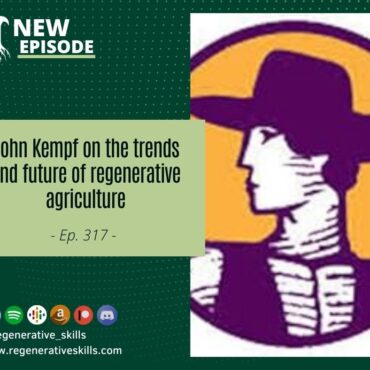
John Kempf on the trends and future of regenerative agriculture
My guest today needs no introduction if you’ve been paying attention to the regen ag scene in the last decade, but just in case you’re new to this topic and […]
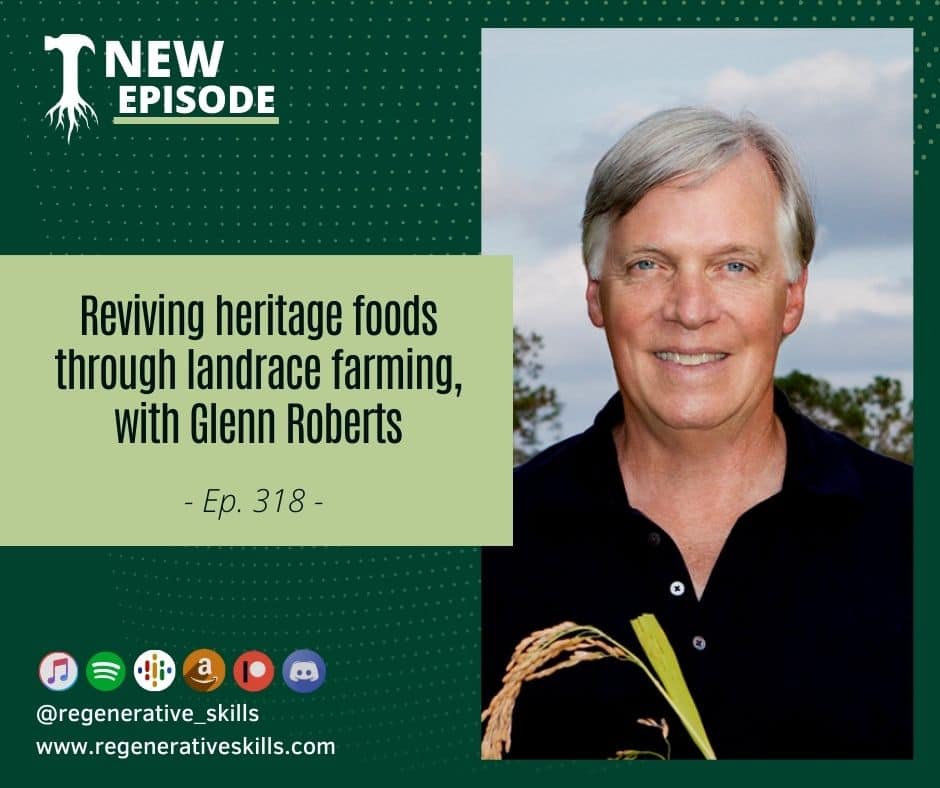

A few months back when I covered the topic of landrace gardening and crop breeding, I had no idea what a passionate and knowledgeable community around the world that I was tapping into.
The seed savers and plant breeders who I’ve been in touch with, including quite a few who are part of the Discord community for this podcast, are working on everything from quinoa crosses for tough climate staple crop production, to the domestication of silverweed, adapted varieties for low maintenance, and so much more.
For the most part though I’ve been coming across people who are doing this in their backyards and only occasionally on farms. It made me wonder if there was real potential in bringing heritage seed varieties and landrace breeding into larger operations and if it was even feasible at a large scale.
Luckily, Joseph Lofthouse passed me the contact of Glenn Roberts promising that I wouldn’t regret reaching out to him and learning about the work he’s doing at Anson Mills.
Glenn Roberts founded Anson Mills in 1998 in Charleston, South Carolina, with the vision to rematriate lost foods of the 18th and 19th century Southern Pantry. Today, Anson Mills grows and produces artisan organic landrace grain, legume and oilseed ingredients for chefs and home cooks worldwide, and provides pro bono culinary research support for chefs, pastry chefs, bakers, brewers and distillers through AM Research Labs. Anson Mills provides pro bono seed biosecurity for the growing community of Southern organic place-based identity preserved landrace crop farmers. Glenn is the recipient of the USA Artisan of the Year and National Pathfinder Awards, a founding member of the Carolina Gold Rice Foundation and a pro bono consultant to the Board of Advisors, Stone Barns Center.
From that bio, you can see that I hit the jackpot in my search for production scale farms working on landrace growing projects.
Beyond the work he’s most known for though, Glenn is a very multifaceted and multi talented individual in many other fields which he describes at the beginning of the episode.
From there he took me through his journey of rediscovering Carolina Golden Rice, a heritage variety that he knew from his childhood but which had been all but lost by the time he grew up.
Glenn also gave me a window into the process of reviving an endangered seed and food variety as well as the incredible network of people around the world studying and working on these challenges.
We also explore the culture that is connected to our traditional foods and how reviving lost genetics is about so much more than putting a different type of seeds in the ground, but rather rediscovering how to grow these strains and the management of the land and even community that is involved in caring for this food.
There are so many fascinating stories and ideas in this interview that open up the world and potential of landrace growing as well as a huge network and collection of resources that Glenn and his collaborators have created for those of you who might be interested in getting involved and assisting in these efforts so I really encourage you to listen through to the end on this one and to check out the links and resources in the show notes for this episode on the website as well.
Links:
https://www.instagram.com/ansonmills/
https://www.facebook.com/profile.php?id=100066910069581

My guest today needs no introduction if you’ve been paying attention to the regen ag scene in the last decade, but just in case you’re new to this topic and […]
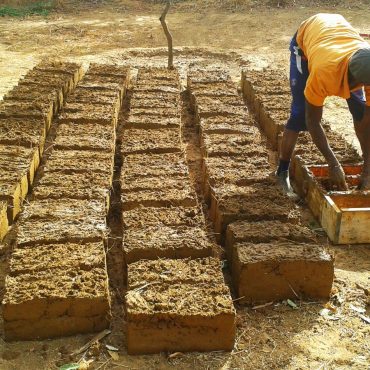
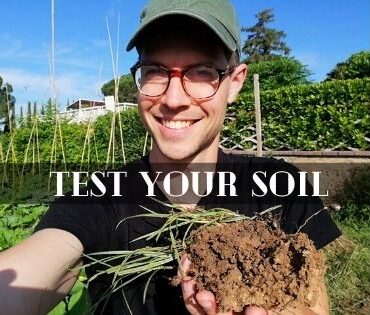
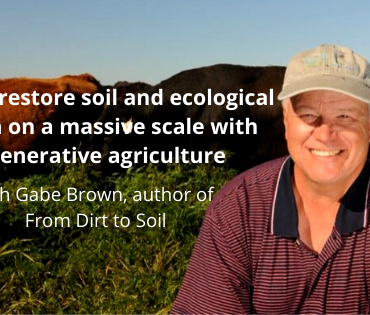
Copyright Regenerative Skills 2021
Post comments
This post currently has no comments.